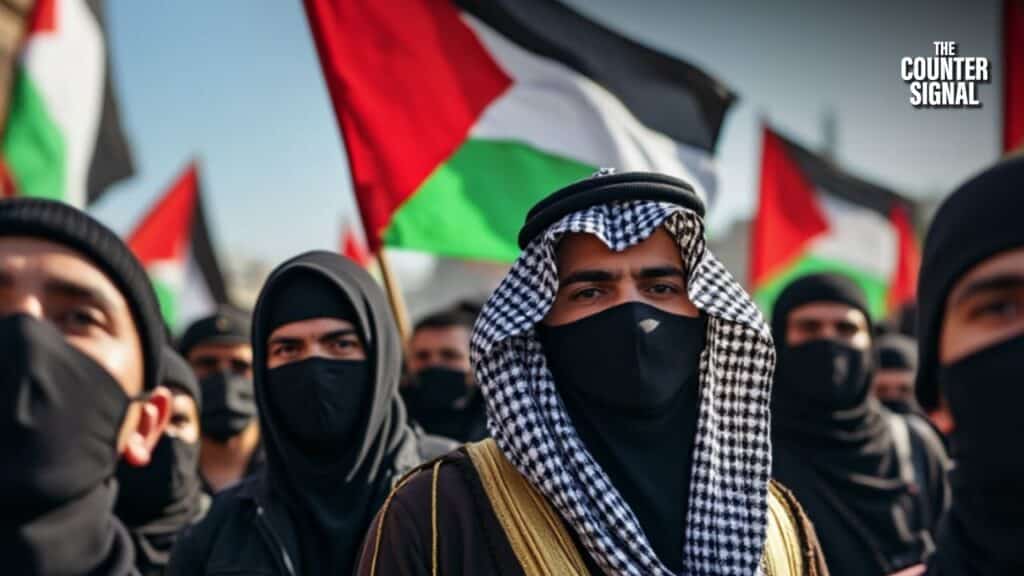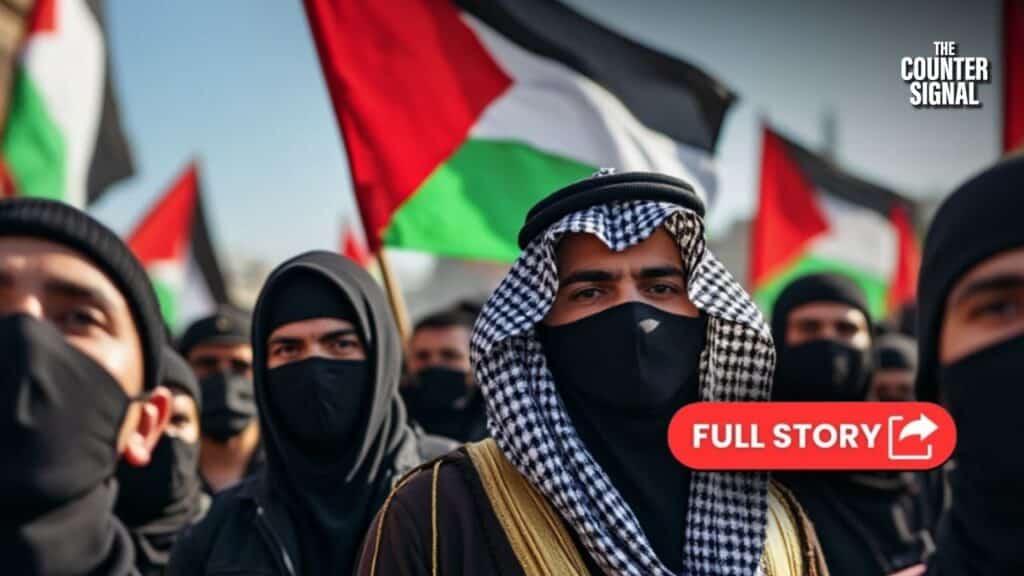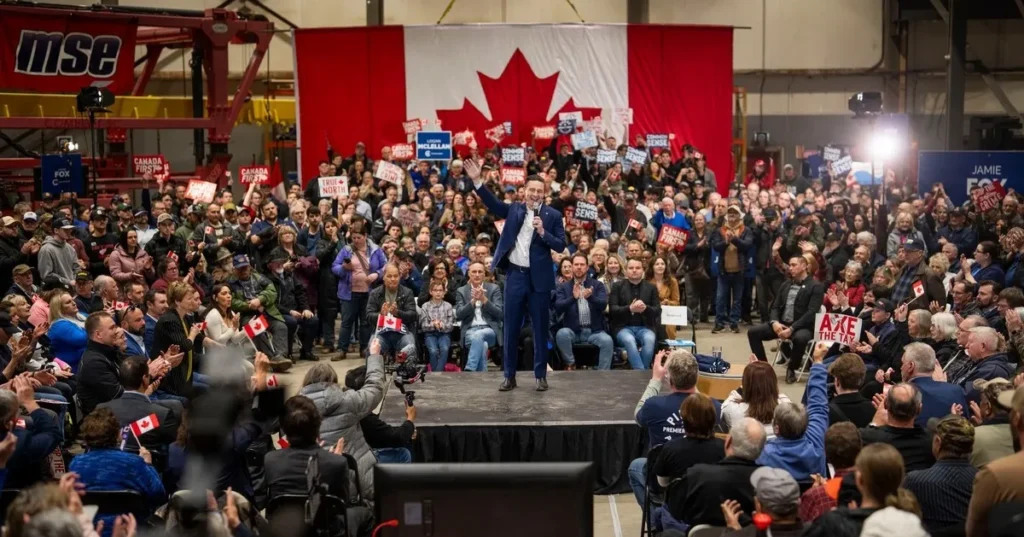On October 14th, the Trudeau government announced the expulsion of Indian diplomats in what was the latest escalation of the India-Canada diplomatic row over the killing of Khalistani activist, Hardeep Singh Nijjar in June of last year.

Given the clear Sikh-Hindu sectarian equation behind the current conflict in Canada, the National Council of Canadian Muslims (NCCM) has weighed in on the side of the Sikhs, and considers the diplomatic expulsion a victory for Canada.
The Muslim organization also recently retweeted a video from last year, where they condemned the Modi government over reports of their alleged killing of Nijjar.
ARE WE ALL GOING TO PRETEND THIS IS A CANADIAN?
— The Buck You Will (@TheBuckYouWill) October 15, 2024
Hardeep Singh Nijjar was a Sikh terrorist involved with the Khalistan movement, which calls for an independent Sikh state.
Born in India, Nijar entered Canada illegally 3 TIMES and received landed immigrant status though a… pic.twitter.com/G9KhLGjEOX
Muslim and Hindu divide
Indian-Muslims and Hindus, like Sikhs and Hindus on Punjab, have a long history of conflict.
The divide began during the Islamic expansion into India in the 8th century. By the 20th century, Muslims sought their own state governed by Islamic law, leading to the creation of Pakistan in 1947.
Today, many Muslim-Indians still resent Hindu rule under President Modi’s BJP, while Hindus in Pakistan and Bangladesh face persecution.
In fact, the success of Indian-Muslims in forming Pakistan is in part what inspired Sikh aspirations for Khalistan.
In Canada, Indian immigrants of different faiths—including Sikh and Muslim—often retain these historical tensions, in turn strengthening their alliance against Hindu territorial unity.
A growing allyship
India’s minority groups may be lesser in proportion to the Hindu majority, but they remain capable of recruiting thousands of their diaspora of millions to fight for separation.
Rather than dying out over time, especially among minorities in Canada, the deep-rooted conflict has only become more visible. For example, in recent months, a number of Canadian-Sihks have publicly celebrated the 1985 Air India bombing that claimed 329 lives, including 280 Canadians.
Tensions have escalated as India supporters faced off Khalistan separatists in an industrial area around Surrey, BC on India’s Independence Day.pic.twitter.com/qjGcQ5NZHe
— Mocha Bezirgan(@BezirganMocha) August 16, 2024
According to Statistics Canada, the Muslim population in Canada grew from 2.0% to 4.9% between 2001 and 2021; for Sikhs, 0.9% to 2.1%; and for Hindus, from 1.0% to 2.3%.
Of course, the largest driver of this growth continues to be immigration, fuelled by the Trudeau government’s open border policy that’s packed in a record number of migrants.
Furthermore, Statistics Canada predicts that by 2036, the number of non-Christian Canadians could double.
While India continues to challenge balkanization along ethnic and religious lines, Canadians must understand that these differences pre-date Canadian confederation, and indeed the influx of these groups on Canadian soil.
In short, imported international conflicts in Canada are only going to get worse.








